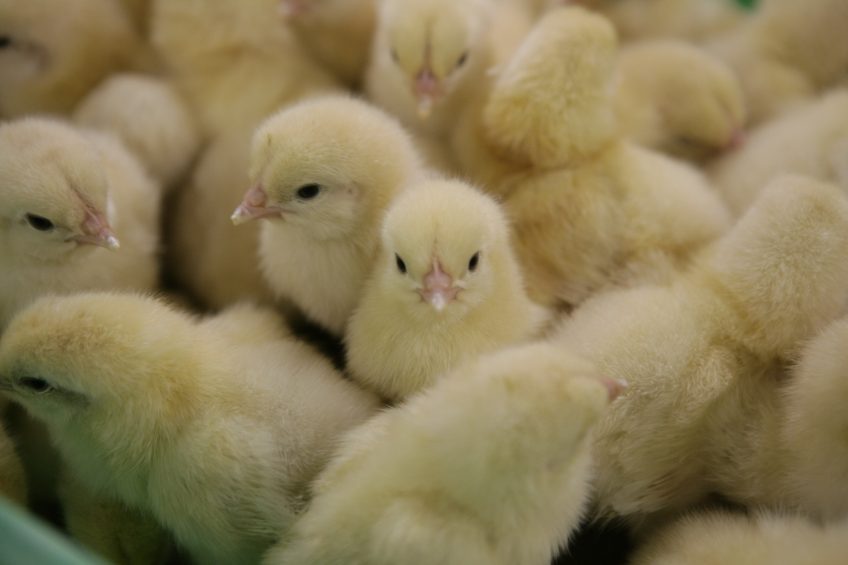Smart farms that can feed chickens and detect bird flu

Smart farms that can maximise poultry production and even detect avian influenza without the use of human help are being developed in the Far East.
LG Innotek, LG’s electrical components affiliate, has announced that it will develop farms equipped with artificial intelligence in South Korea.
It has signed a memorandum of understanding with the country’s National Institute of Animal Science, part of the Rural Development Administration, which promotes technological solutions that advance livestock production.
One of the farms’ key features is automatic analysis of birds’ physical condition using cameras and sensors.
These will be able to detect the environmental changes such as the condition of the chickens and the weather and the artificial intelligence technology will automatically control the temperature and humidity on the farm. The technology will be able to determine the right time to replenish birds with water and feed.
It will also be possible to predict the time of shipment to the market by analysing the development status and physical maturity of the birds.
The Institute will analyse poultry behaviour at different stages of maturity to accumulate big data that will be incorporated into the smart farm technology.
Identify avian influenza
But as well as increasing production, AI smart farms are expected to be able to identify chickens with avian influenza. LG Innotek will develop a deep learning algorithm that identifies suspected disease symptoms based on the standardised information provided by the NIAS.
If a chicken managed by smart farm shows signs of infection, the technology can immediately inform the poultry farmers of its status and location, allowing them to carry out disease prevention measures quickly.
Avian Influenza has been a major issue for South Korea. The highly pathogenic H5N6 outbreak in November 2016 led to the culling of 33.1m birds across 821 farms over a three month period. It is estimated to have cost the poultry industry 1 trillion won ($929m) in damage.
LG Innotek hopes to have this up and running by 2020. It currently has secured the base technologies such as object recognition technology using a network camera and abnormal motion detection algorithm for chickens.
Il-gun Kwon, LG Innotek chief technology officer, said: “What we pursue it to make our lives safer and more convenient with innovative technologies.
“Artificial intelligence smart farm technology will be solution to innovate our country’s agriculture and stock-breeding industry and promote the welfare of farmers.”
Join 31,000+ subscribers
Subscribe to our newsletter to stay updated about all the need-to-know content in the poultry sector, three times a week. Beheer
Beheer












 WP Admin
WP Admin  Bewerk bericht
Bewerk bericht